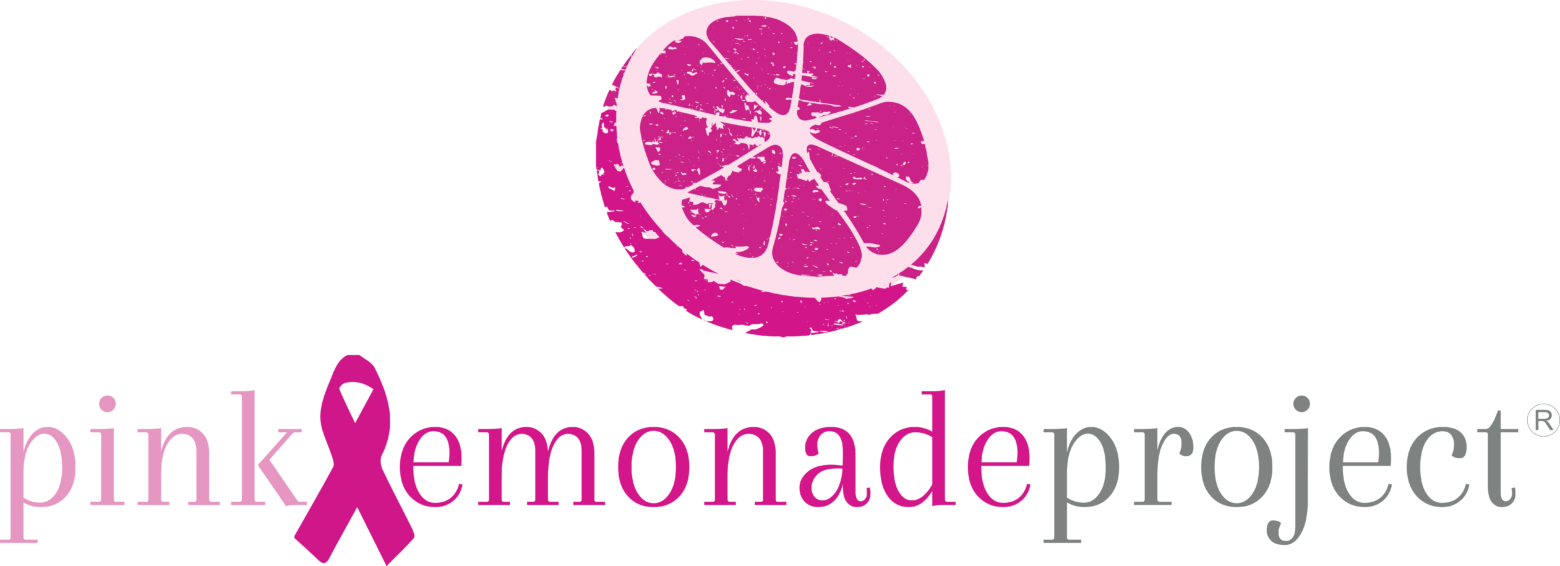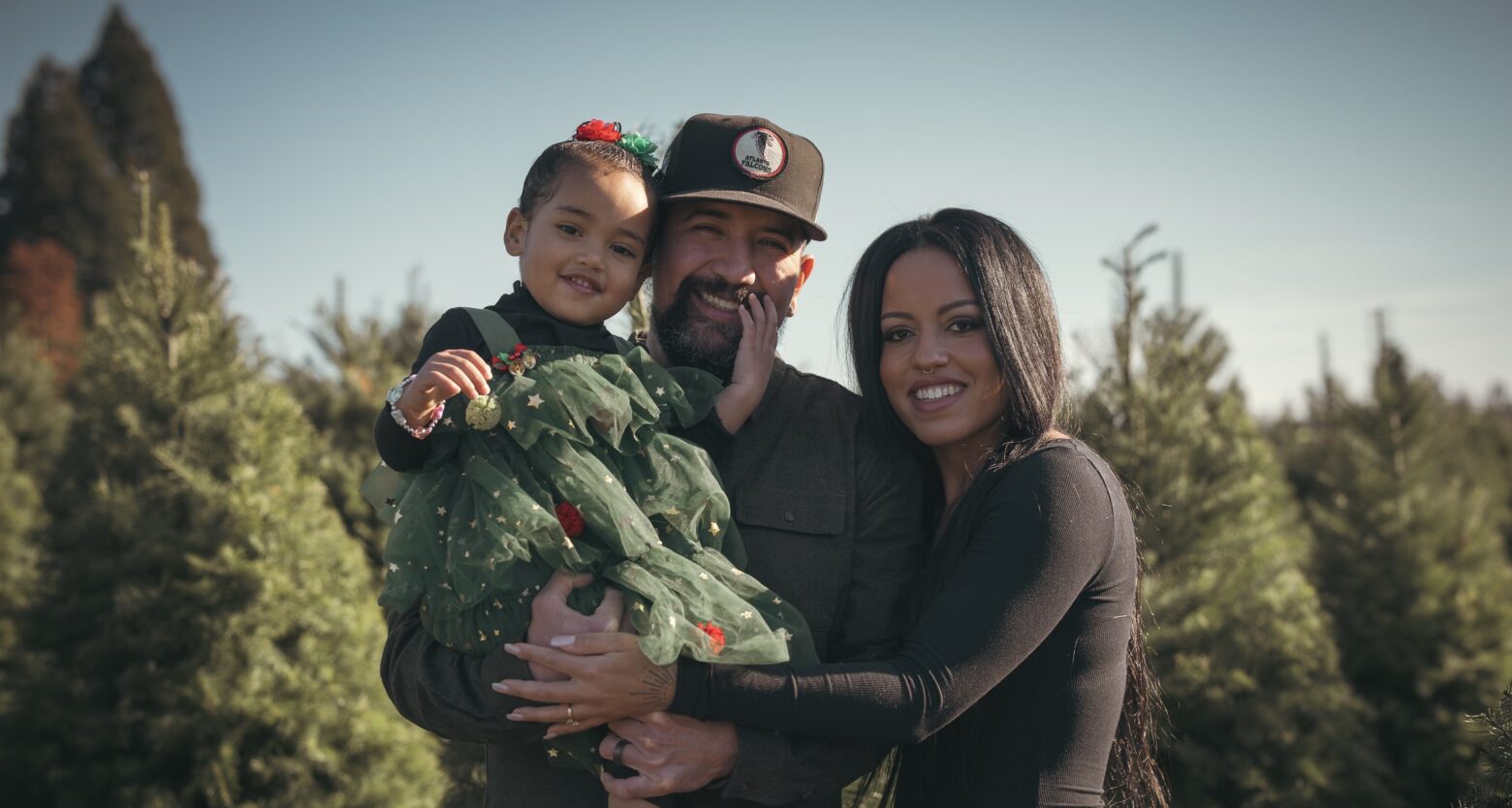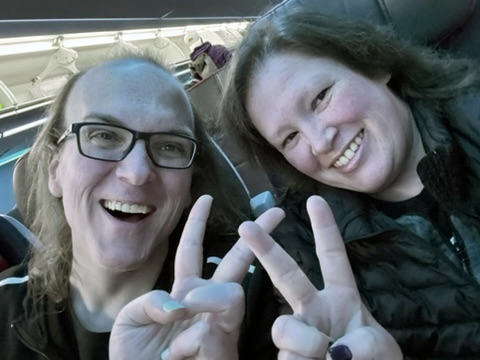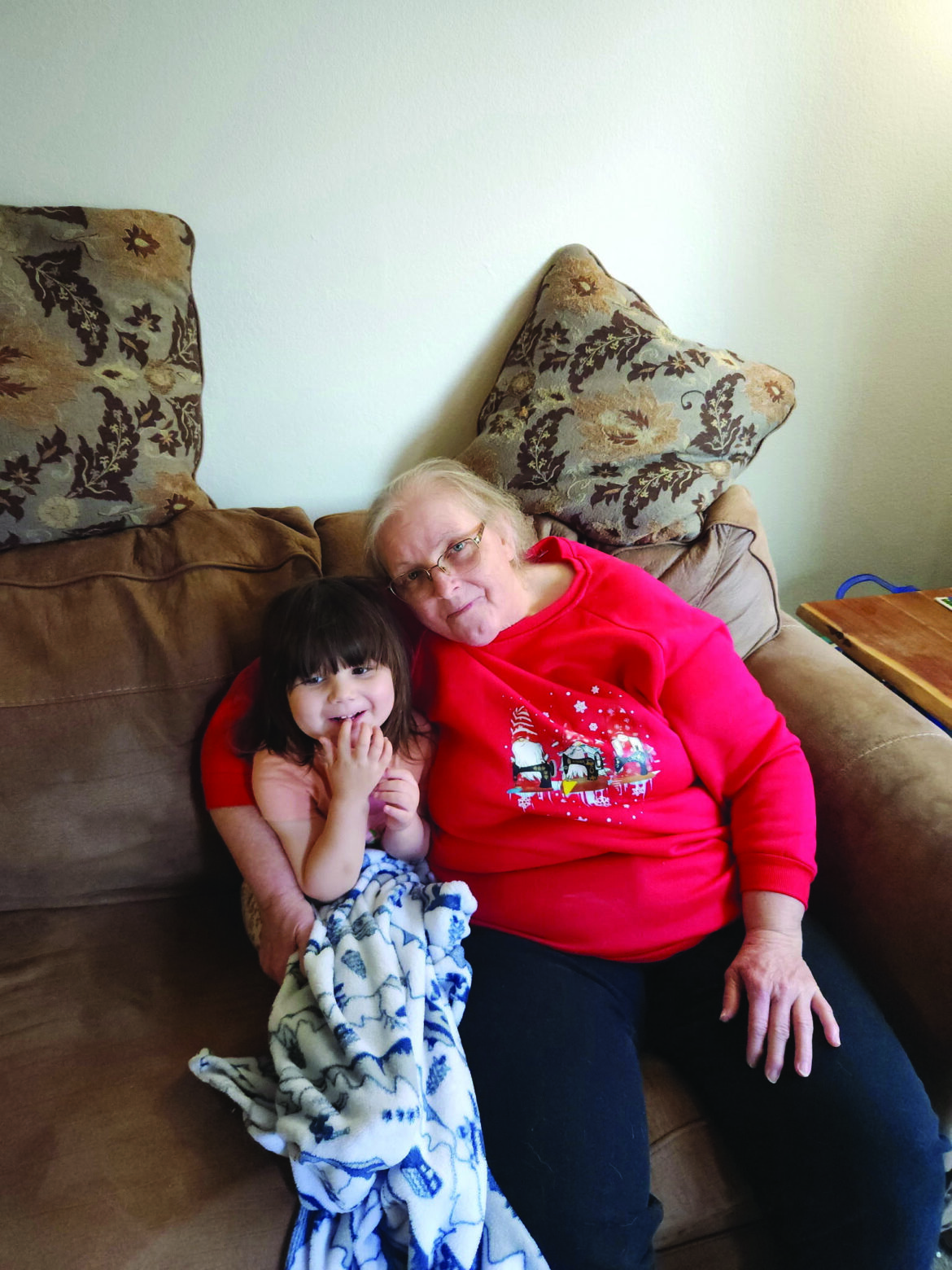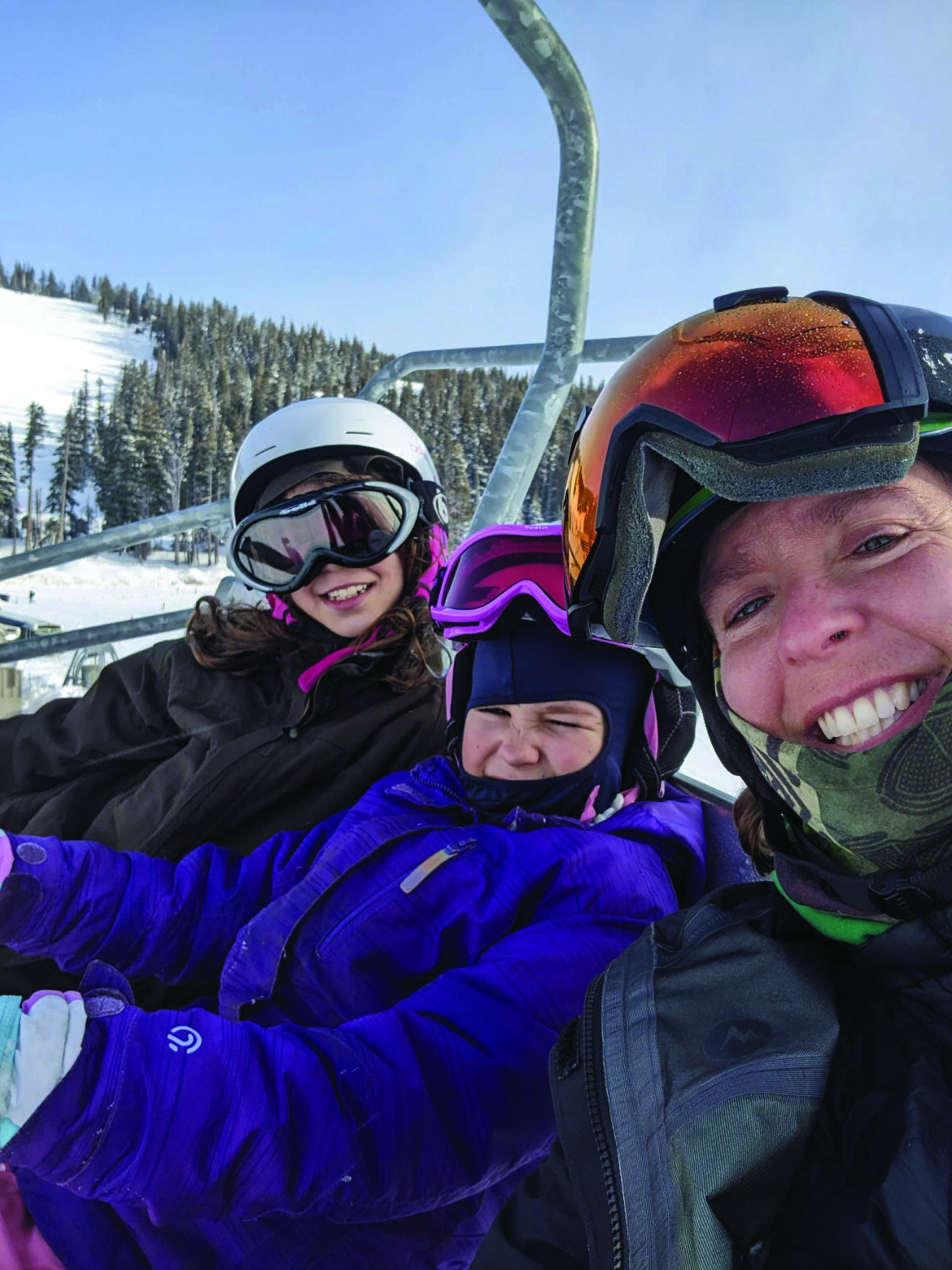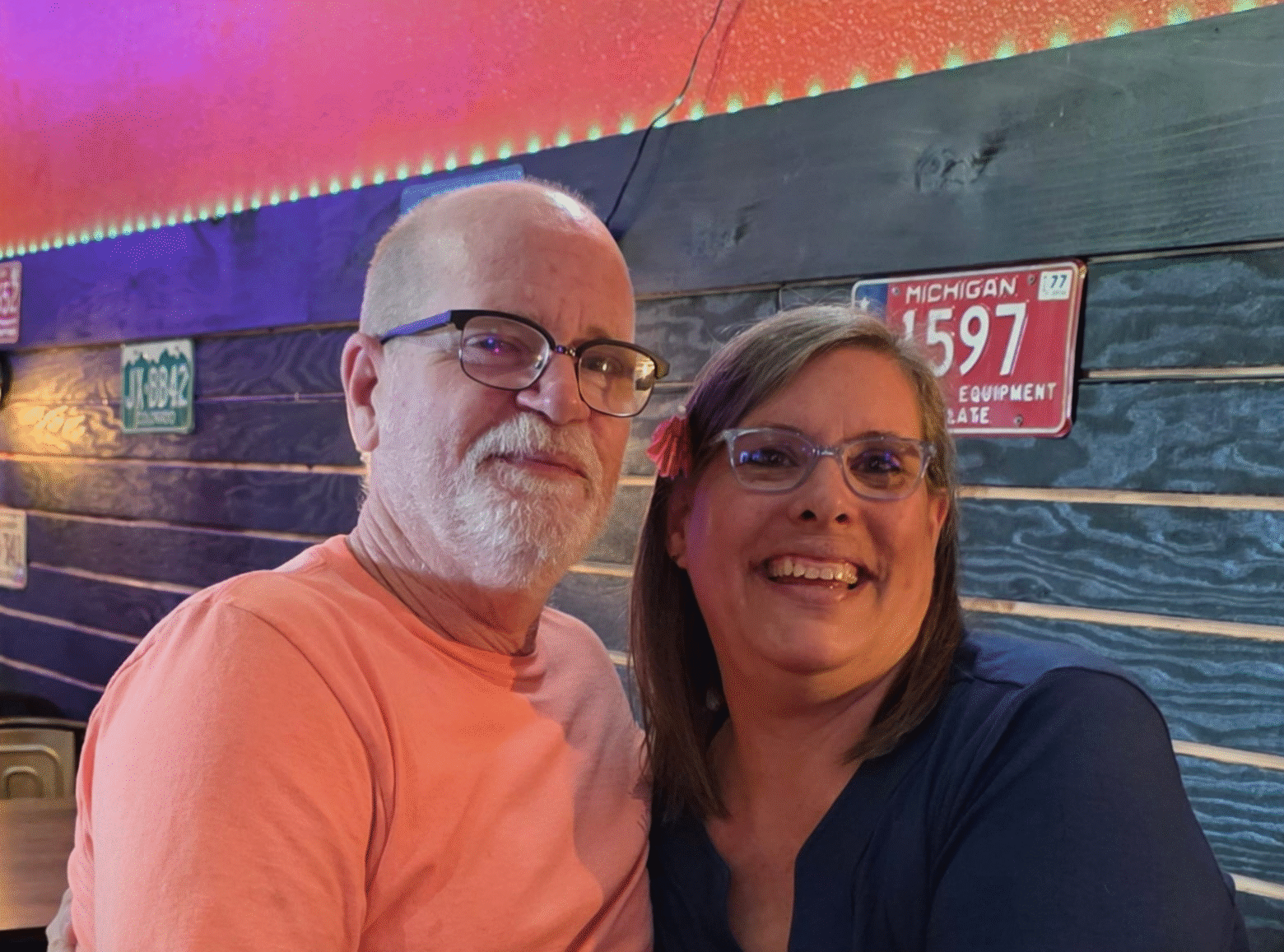Anchored by Love: Tonya’s Story
Tonya sat in the passenger seat while her husband drove, their three-year-old daughter, Anika, waving from the back. Anika was, as Tonya often said, their everything—bright, friendly, and full of life. That love, as it turned out, would become Tonya’s anchor through the hardest year of her life.
Life had been good—better than good. At thirty-three, Tonya was thriving: in a loving relationship, building a family, and savoring the simple joys of motherhood. She had breastfed Anika for two years, partly for her daughter’s health, partly because she’d read it could reduce the risk of breast cancer.
Then she noticed a lump. At first, she dismissed it, assuming it was just a lingering effect of breastfeeding. Weeks passed. When it didn’t fade, her husband gently urged her to see a doctor.
Her OB was reassuring. The lump felt like fibroadenoma—benign and common. Tonya left the appointment hopeful. But the mammogram told a different story. She noticed the technician’s sudden shift in demeanor, the repeated images, the way the room seemed to grow heavy. Panic rose in her chest as she tried to back away from the machine. A radiologist placed a hand gently on her leg. “I’m pretty sure this is cancer,” she said softly. A biopsy would confirm it, but Tonya’s heart was already racing, her breath coming in shallow bursts.
She was only thirty-three. Healthy. The happiest she had ever been. Just months earlier, she had felt at the peak of life—traveling with her partner, parenting with joy, eating clean, thriving.
Her mother had survived triple-negative breast cancer and had just reached her six-year milestone. Tonya, biracial but identifying as Black, couldn’t help but wonder: could genetics be playing a role?
On December 24, 2024, the official diagnosis arrived: stage two HER2-positive breast cancer. The words were terrifying. Online searches only deepened the fear. Before immunotherapy, a HER2-positive diagnosis had been almost a death sentence. Still new to the language of cancer, Tonya found herself scrolling outdated statistics, sobbing into her pillow. The days that followed blurred into panic, Googled survival rates, and waves of despair.
But she clung to two things: her daughter’s voice and the deep well of support around her. Her husband never left her side. His mother stepped in, becoming a second mom to Anika—teaching her potty training, caring for her, even watering Tonya’s plants so she could rest.
“She carried us,” Tonya said, her voice breaking. “She did everything so I could just heal. I owe her and Adrien everything.”
Still, the support stirred conflicting emotions. “It gave me survivor’s guilt,” Tonya admitted. “Because how could anyone go through this while working, while raising kids, without help? It seems impossible. No one should have to do that.”
Her oncologist at OHSU laid out the plan: six rounds of chemotherapy, followed by surgery and reconstruction. Chemo began on February 6—the day before her 34th birthday.
“Nothing could have prepared me,” Tonya recalled. “It was like my body forgot how to be alive.”
For two weeks at a time, she was too sick to function—overwhelmed by brain fog, weakness, and relentless nausea. On the third week, when the fog lifted, she crammed in normalcy: cleaning the house, playing with Anika, and laughing with her husband. Then the cycle began again.
“I didn’t even realize the seasons were changing,” she said. “I was just stuck in that loop.”
By June, she had finished chemo and underwent a double mastectomy with reconstruction. The decision had been agonizing—part of her wanted to “just chop them off and go flat.” But when she woke up from surgery and looked down, she felt a wave of relief. “After all that trauma, I was so grateful to still have something there,” she said. “It gave me dignity. It gave me myself back.”
Recovery brought new challenges: neuropathy in her feet, a newly fragile stomach, and unexpected reactions to foods she once tolerated easily. She jokes now about her “iron gut” being gone forever. She has learned to adapt.
“Compared to three months ago, I feel fantastic,” she said. “Grateful doesn’t even cover it.”
Tonya also found strength in the community. A social worker connected her with Pink Lemonade Project, which offers financial assistance, support groups, and events for those facing breast cancer. Through them—and through online spaces like Reddit and TikTok—she discovered camaraderie and hope.
“I kept reading the same thing: It feels impossible, but you will get through it,” she recalled. “That gave me hope when I couldn’t find it myself.” Young survivor groups proved invaluable. “I’ve met people my age, even younger,” she said. “It breaks my heart, but it also helps to know I’m not alone.”
Through it all, love remained her compass. “I told myself even before cancer: if I died today, I’d be happy, because I experienced motherhood and an amazing partner. That kind of pure, unconditional love—it’s magical. It carried me through chemo, through surgery, through the fear of death.”
When asked what wisdom she would share, Tonya paused, then said: “Focus on self-care if you can. Rest when you need to. I know I have privilege, but recovery is so important to long-term health. And remember—even when it feels impossible—you will get through it.”
